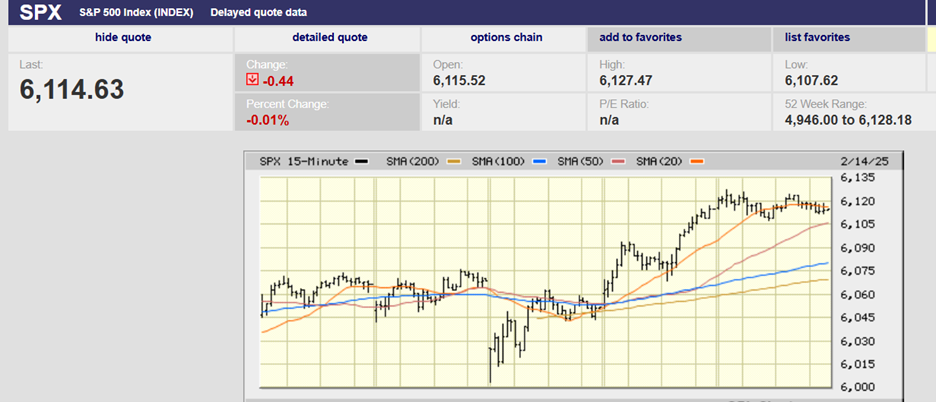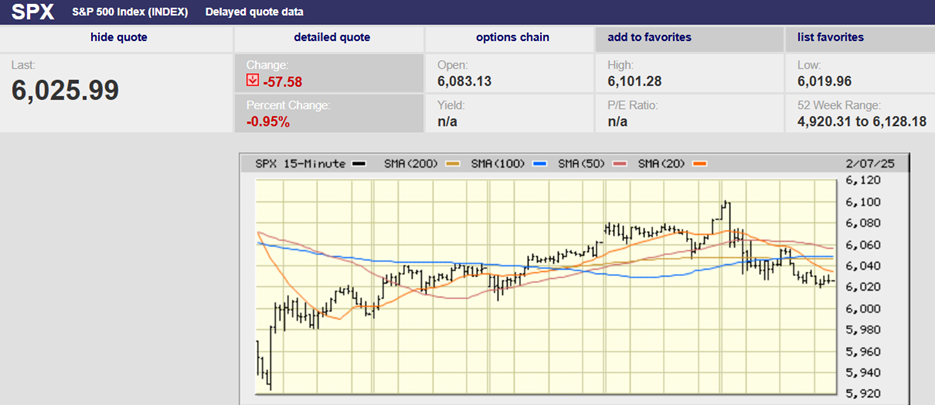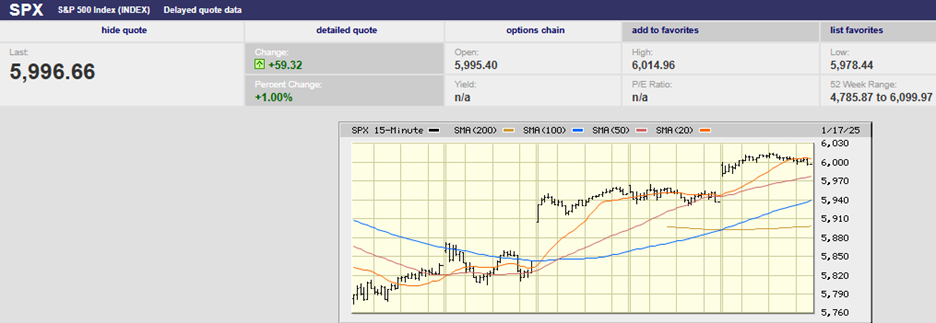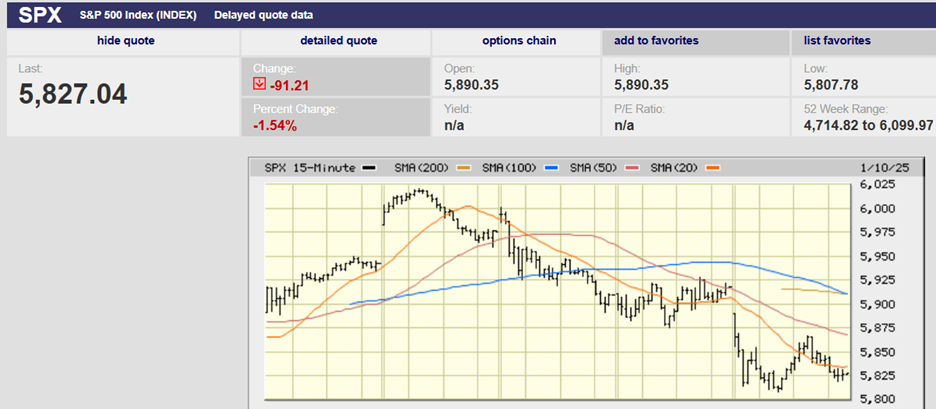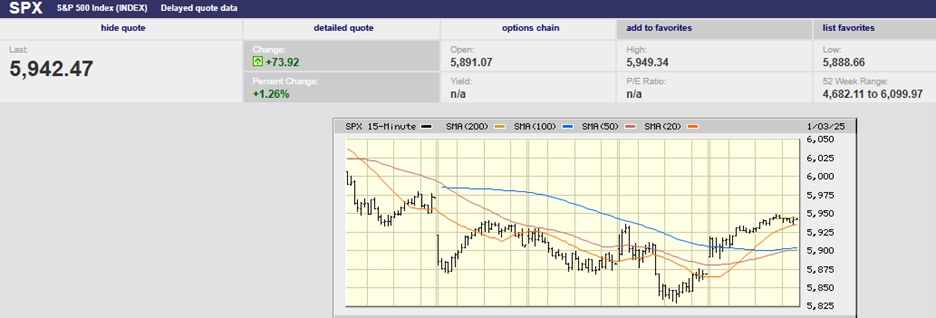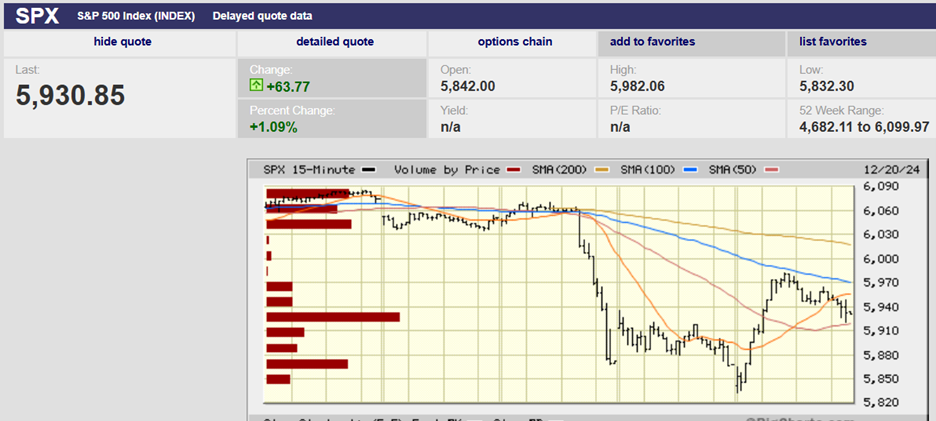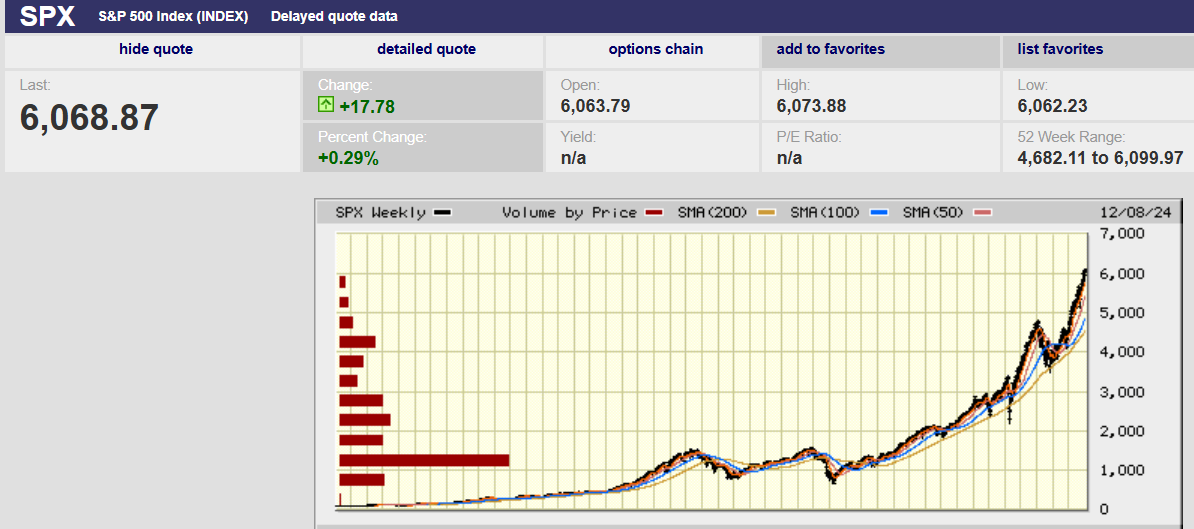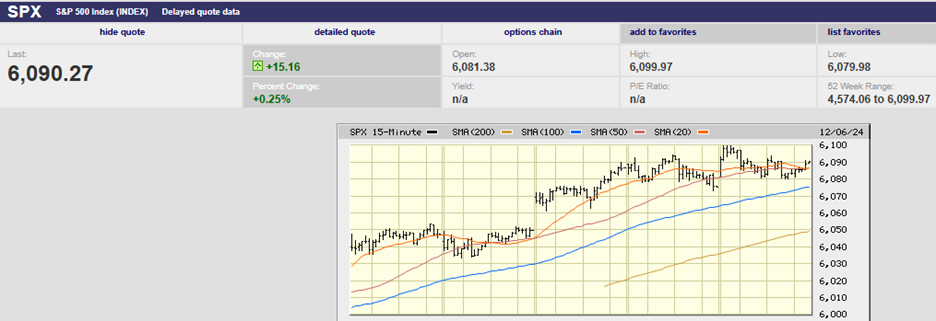
On Average Most Investors Lose Money
A growing percentage of Americans (especially Millennials and Gen Z) incorrectly assume that credit cards are money.
Credit cards are not money; you are not paying for that latte when you order it from Starbucks. Instead, you are borrowing money from a bank which is paying for the latte for you. You, of course, must pay the bank back.
There is currently more than $1.04 trillion in outstanding credit card debt, according to the Federal Reserve, up from $854 billion five years ago. The average interest rate on credit cards is 17.73% according to data from CreditCards.com. It would take 23 years to pay off $10,000 in credit card debt if you paid the minimum and were charged 15% annually. The total payoff would be $19,637.
What does any of this have to do with investing? Well, for starters, people paying off credit card debt are less likely to have the wherewithal to make new purchases – a negative for future economic growth. As well, we save and invest so we can consume in the future, hopefully during a successful retirement. Borrowing is pulling consumption forward, which means less consumption in the future, since we must pay off debt instead of buying another widget. People who want a successful retirement should do the opposite; defer consumption now, saving instead. Investing can’t occur without first saving. Stop eating out as much. Don’t buy that new car when your current car runs just fine. Don’t take that cruise; buy your tenth pair of shoes, or that boat. Instead, put more money into your 401(k) plan, IRA, Roth IRA, or brokerage account. Save so you can invest in your retirement.
